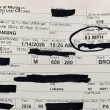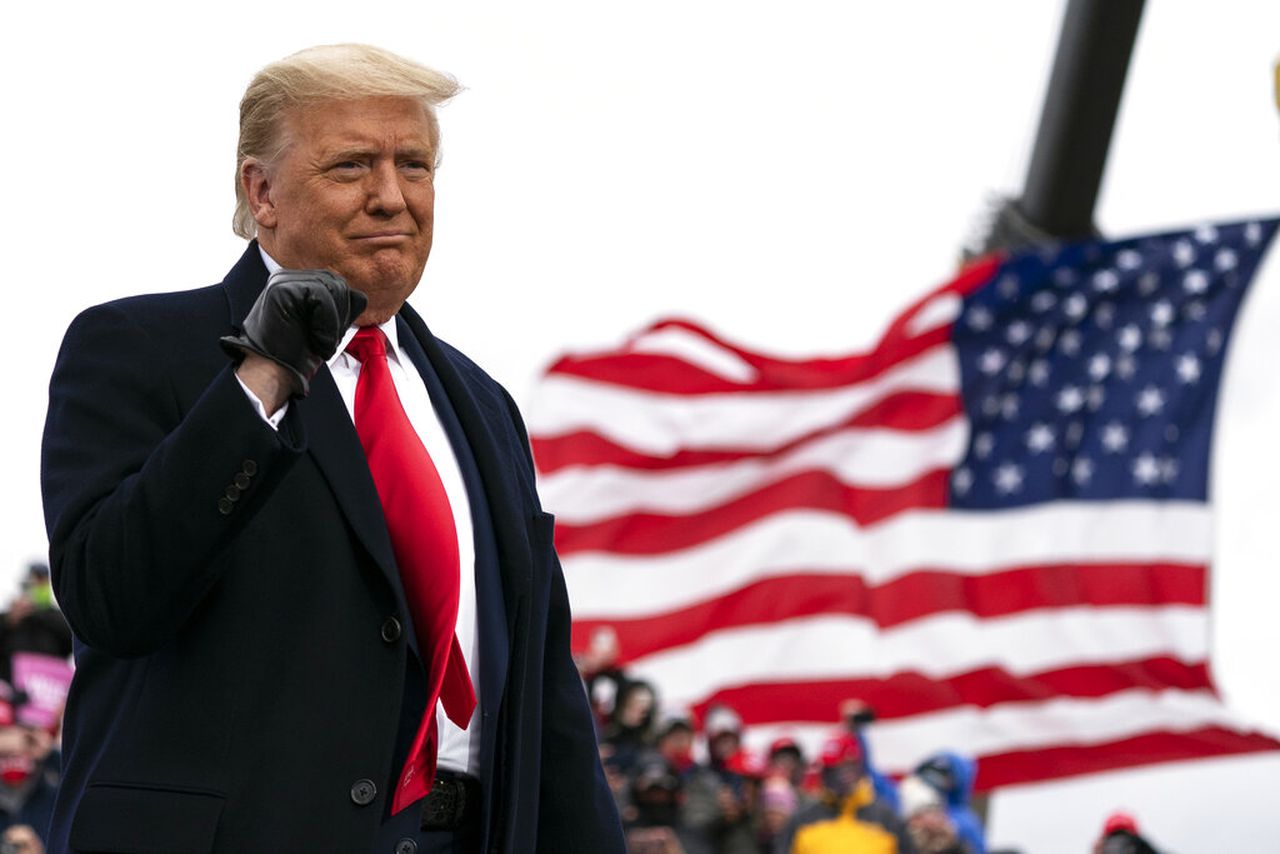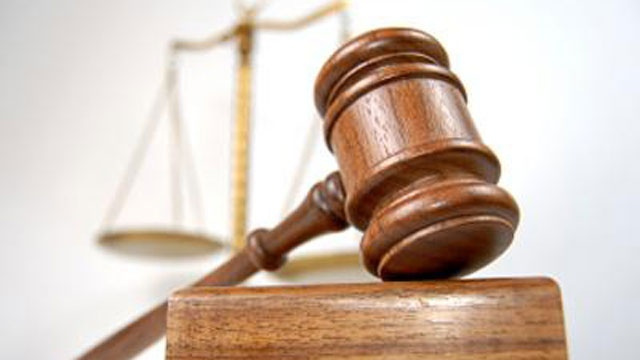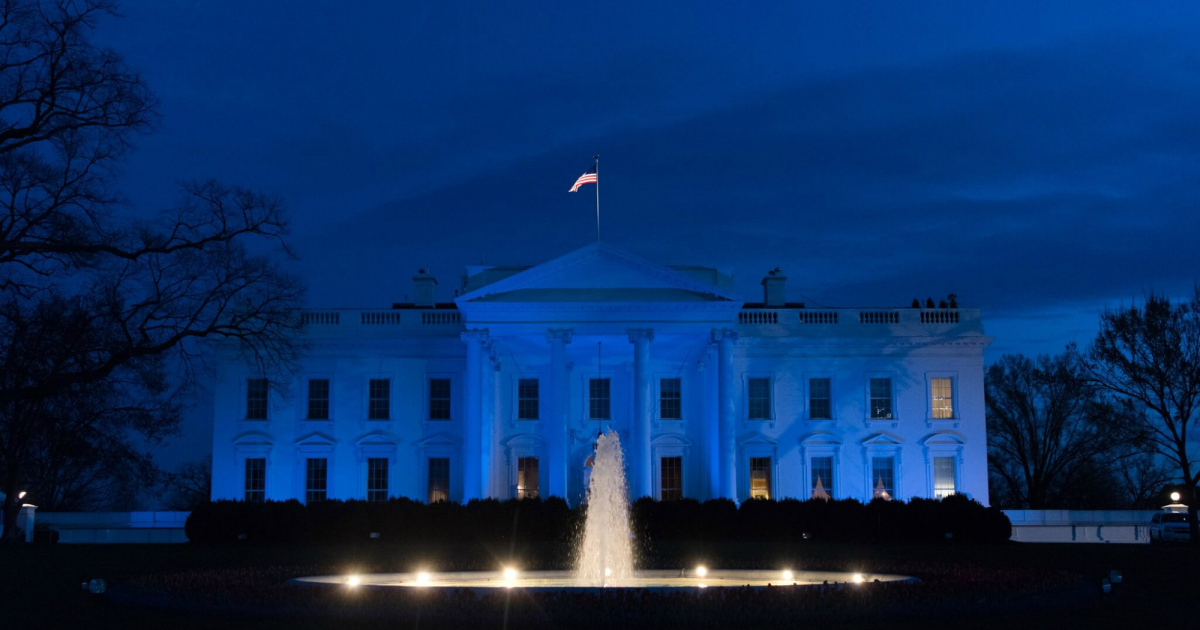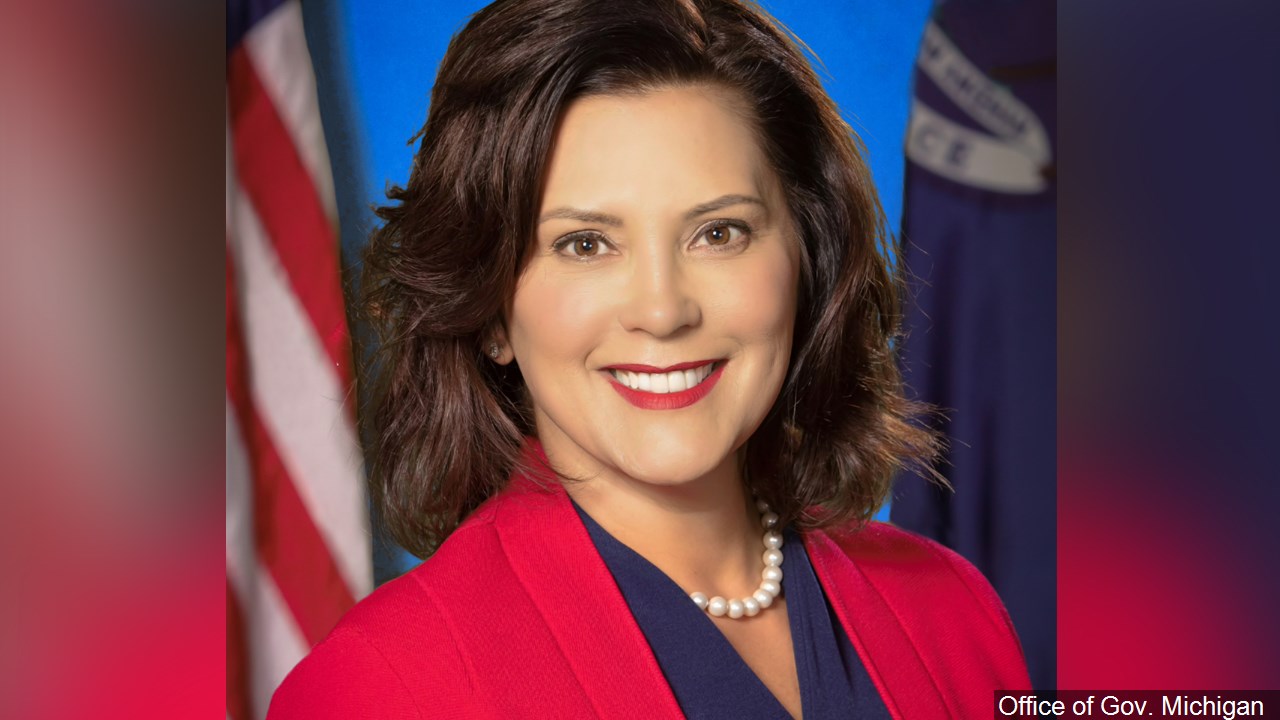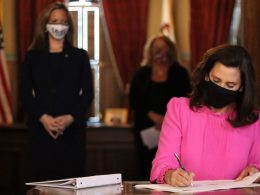The Michigan Supreme Court won’t order an audit, nor will it seize ballots and block officials from certifying the already-certified presidential election.
In a split ruling issued Wednesday, the majority said the state’s highest court doesn’t have the power to do so and according to the opinion written by Elizabeth T. Clement, entertaining arguments on the topic would only “prolong the uncertainty over the legal status of this election’s outcome.”
The decision is the latest in a series of unsuccessful or pending legal attempts commenced by Trump’s administration or supporters to overturn Michigan elections results that indicate the incumbent lost to President-Elect Joe Biden by nearly 155,000 votes.
Republican voters and members of Black Voices for Trump, Angelic Johnson and Linda L. Tarver, filed a request for an expedited hearing before the Supreme Court on Nov. 26. The court ruled 4-3 against taking up the case. Chief Justice Pro Tem David F. Viviano, Justice Brian K. Zahra and Justice Stephen J. Markman opposed the ruling.
The filing named Secretary of State Jocelyn Benson, Gov. Gretchen Whitmer and Board of State Canvassers Chair Jeannette Bradshaw.
“By closing the courthouse door on these petitioners, the court today denies them any ability to have their claims fully considered by the judiciary,” Viviano wrote in his dissenting opinion.
Clement said the Board of Canvassers certified the election and has no legal authority to investigate potential fraud, only to verify the validity of vote tallies provided by county clerks.
“After a certificate of election is issued, it is possible to challenge whether it was issued to the right individual,” Clement wrote. “Usually this is done via a court action seeking what is called a writ of ‘quo warranto.’”
How such a hearing would work, remains an issue of debate, especially in regard to whether it may occur before the challenged candidate takes office, according to Clement.
“But this is the basic outline,” she said. “The votes are counted, a certificate of election is issued and then we debate whether said certificate was issued to the wrong individual.”


